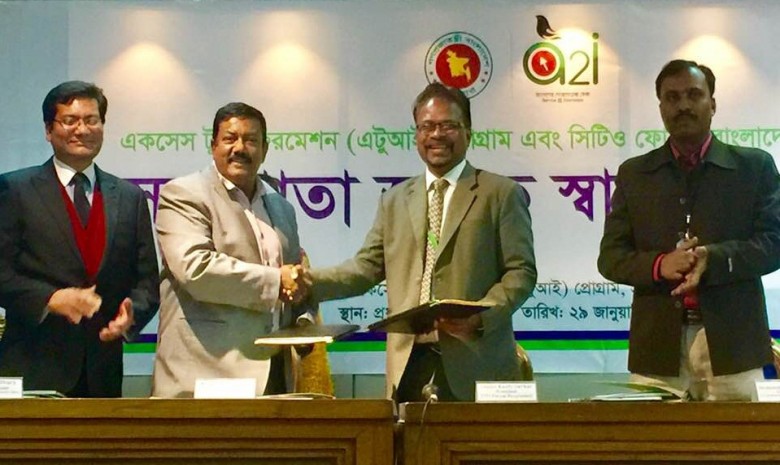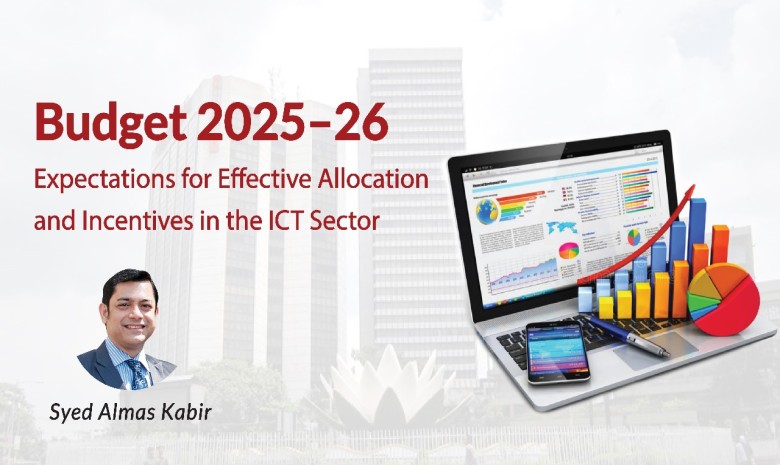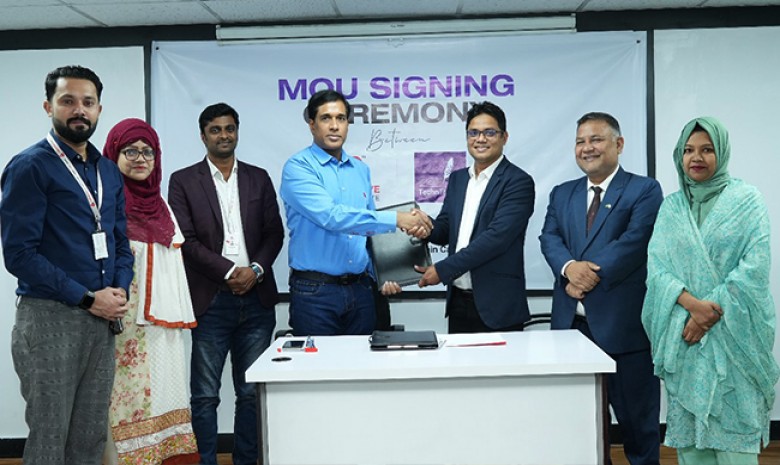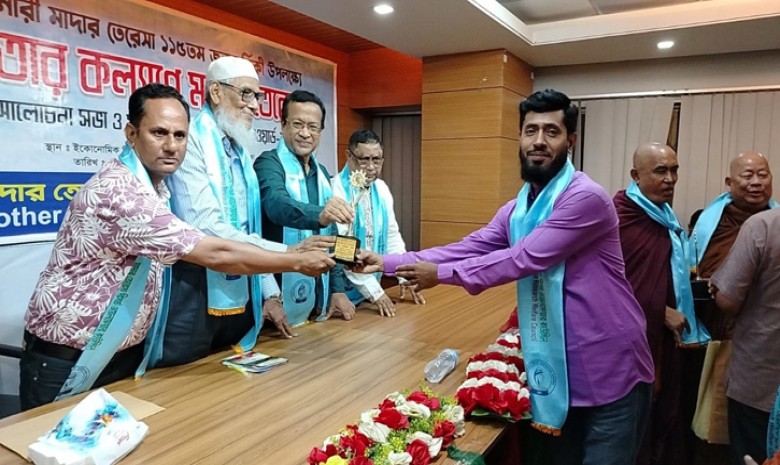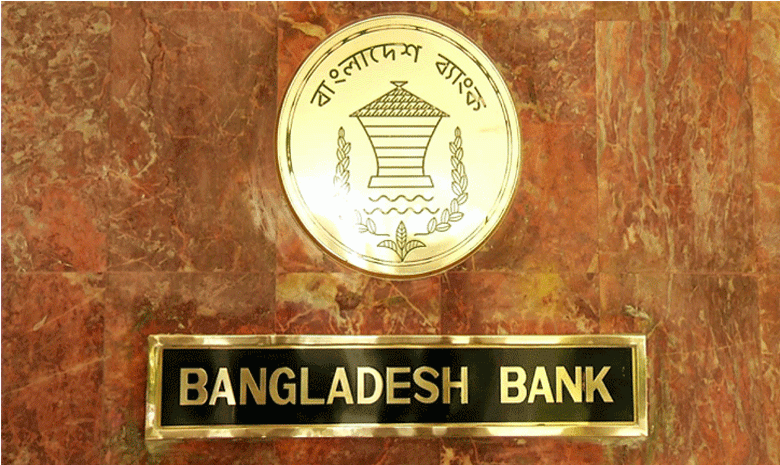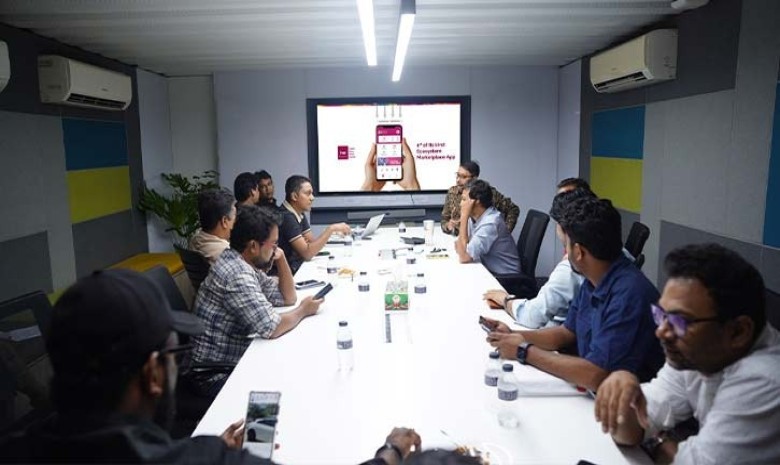We are undeniably living in a digital age. In this reality, the importance of the country’s information and communication technology (ICT) sector is growing, and similarly, the potential of this sector is expanding day by day. On the eve of the announcement of the upcoming 2025-26 fiscal year budget, I believe it is essential to take some crucial steps for the organized development of our information technology industry.
Firstly, it is crucial to have separate allocations for the ‘software’ and ‘IT services’ sectors in the budget of every government ministry, department, and agency. It has been observed that a large portion of the information technology budget is spent on hardware procurement, which is mostly imported from abroad. This does not significantly benefit the domestic software and service industry. Therefore, separate categories for software and services should be added to the ICT budget.
Secondly, incentives should be provided for the use of domestic software. For public and private institutions that show interest in using local software, provisions like tax exemptions or special rebates can be considered. This will increase the use of domestic software in sectors such as banking, insurance, health, and education, and will enhance the capabilities and confidence of local institutions.
Thirdly, if we genuinely want to move towards a digital economy, the public must be encouraged to increase digital transactions. An allocation can be set for the next five years (Tk 300-500 crore per year), from which cashback or other financial incentives can be provided to buyers and sellers who conduct digital transactions. This will encourage both buyers and sellers to prefer digital transactions over cash. Consequently, dependence on cash will decrease, and the digital economy will expand.
Fourthly, skilled human resources are one of the main challenges in this sector. Special training, skill development programs, and effective collaboration between industry and academia are necessary for the country’s youth to acquire relevant technological skills. It is crucial to allocate a separate budget for this sector and undertake comprehensive programs so that our youth can advance in domestic and international market competitions.
Fifthly, many large and complex software systems have already been developed in our country—such as driving license management, NID, Hajj management, data center operations, etc. Leveraging this experience, we can export these services to many underdeveloped or developing countries. For this, if the government forms a technical assistance fund and provides loans or grants to other countries through G2G (government-to-government) agreements, conditional upon them awarding contracts to Bangladeshi companies, then domestic institutions will gain international experience and, at the same time, can play a significant role in earning foreign currency.
To showcase Bangladesh’s information technology capabilities in the global market, it is necessary to establish marketing offices in several countries. It is urgent to launch these offices promptly in the United States, United Kingdom, Denmark or the Netherlands, Japan, and an African country by hiring local employees and experts. For this, a budget allocation must be made for at least five years.
There is another issue I want to particularly emphasize—increasing women’s participation in the information technology sector. Women constitute half of our population, yet their participation in the technology sector is very limited. Technology organizations that have at least 25% or more female staffs should be provided with tax rebates, incentives, or special incentives. This will not only increase female employment but also build an inclusive digital ecosystem.
I believe that if the above proposals are implemented, the country’s information technology sector can reach new heights. Just as we have shown global success in the ready-made garment sector, Bangladesh can similarly prove its capability in the technology sector. The upcoming budget will be the bridge to turn that potential into reality.
Author: Syed Almas Kabir, former President, BASIS; Advisor and former Director, FBCCI; Chairman, Bangladesh ICT and Innovation Network.
Total views: 2399



